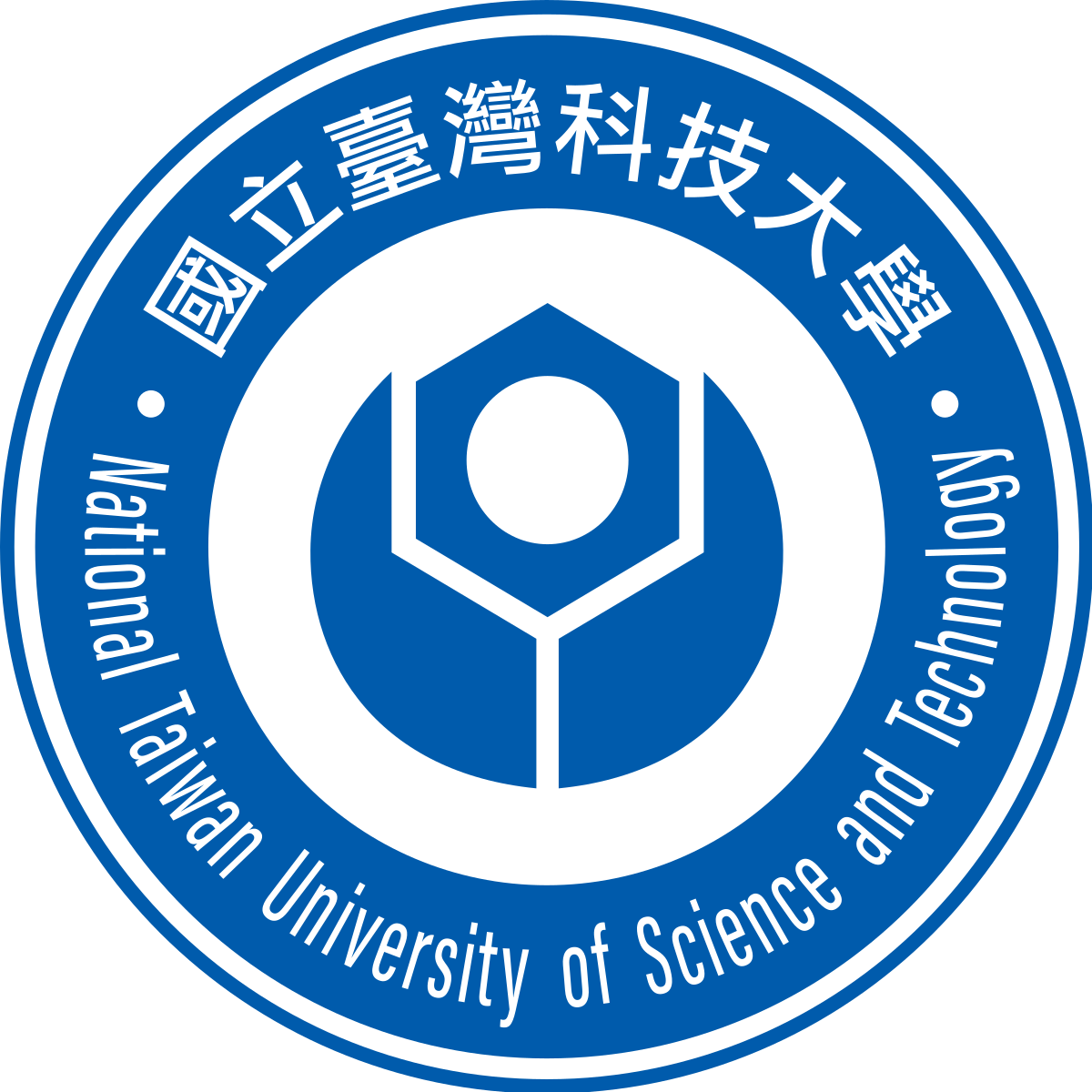Cellular and Biomolecular Engineering Lab
Research Field
Shen-Long Tsai obtained his Ph.D. from the University of California at Riverside in 2011. He is now a Professor at the National Taiwan University of Science and Technology, Taiwan. His lab is focused on exploiting the modular nature of protein domains to design synthetic complexes that can perform new biological functions across different length scales. Research interests in his lab include the addition of logical and stimuli-responsive components and the development of new synthetic biology tools in connecting exchangeable protein domains into functional devices for dynamic modulation of cellular phenotypes, biocatalysis, biosensing, and new cancer therapeutics.
Cellular and Biomolecular Engineering Lab is focused on exploiting the modular nature of protein domains to design synthetic complexes that can perform new biological functions across different length scales. Research interests in his lab include the addition of logical and stimuli-responsive components and the development of new synthetic biology tools in connecting exchangeable protein domains into functional devices for dynamic modulation of cellular phenotypes, biocatalysis, biosensing, and new cancer therapeutics.
Green Energy: biofuels, biofuel cells, biorefinery, and biocatalysts.
Molecular Biotechnology: bio-inspired materials, synthetic biology, molecular probes, gene manipulation.
Reactor Design: microbial and enzyme kinetics, reactor modeling, simulation, and analysis.
Shen-Long Tsai has received several awards and funding in Taiwan, including Outstanding Scholarship Award (2012), the Outstanding Young Environmental Engineer Award (2018), and Professor Shih-Yow Huang Memorial Award (2021). He also has published more than 50 international journal papers. He serves as an editorial board member for Biochemical Engineering Journal and Frontiers in Biotechnology and Bioengineering.
Ph.D. University of California, Riverside, 2011, Chemical and Environmental Engineering.
M.S. National Tsing-Hua University, Taiwan, 2003, Chemical Engineering.
B.S. Da-Yeh University, Taiwan, 2001, Environmental Engineering.
2 Vacancies
Job Description
he goal is to develop synthetic consortia that can outperform single-species systems in terms of efficiency, stability, and scalability for applications in fields like industrial fermentation, wastewater treatment, and environmental biotechnology.
Preferred Intern Education Level
- Bachelor's degree students in fields such as Biotechnology, Biochemistry, Microbiology, Chemical Engineering, Bioengineering, or Environmental Science could be well-suited for the project. These students would typically be in their 3rd or 4th year of study.
- Master's degree students who have advanced coursework or research experience in synthetic biology, microbial engineering, or bioprocessing would also be ideal candidates. They would have a deeper understanding of the scientific concepts and the ability to engage in more complex experimental design and data analysis.
- For more specialized research tasks, such as advanced synthetic biology design, metabolic engineering, or high-level bioprocess optimization, Ph.D. candidates in biotechnology, bioengineering, or microbial ecology might be sought after for their in-depth research experience. These interns would ideally be involved in the more challenging aspects of the project, such as developing new synthetic consortia or performing high-throughput analysis of microbial interactions.
Skill sets or Qualities
Key Skills and Knowledge for Interns:
Regardless of the education level, ideal interns for this project should have, or be developing, skills in the following areas:
- Microbial Cultivation: Experience with culturing and manipulating microorganisms (bacteria, yeast, fungi, etc.).
- Genetic Engineering: Basic skills in gene cloning, PCR, CRISPR, and plasmid design for engineering microbial strains.
- Metabolic Pathway Engineering: Some understanding of how microbial metabolism works and the ability to manipulate it for specific outcomes.
- Bioprocessing: Familiarity with bioreactors, fermentation, and scale-up principles.
- Data Analysis: Comfort with handling experimental data, including using bioinformatics tools for sequencing analysis or metabolic modeling.
- Synthetic Biology: A good grasp of the principles of synthetic biology and designing engineered biological systems.
Additional Requirements:
- Strong interest in environmental sustainability and biotechnology innovations.
- Good laboratory skills and ability to follow experimental protocols.
- Ability to work independently and as part of an interdisciplinary research team.
- Good communication skills for documenting and presenting research findings.
